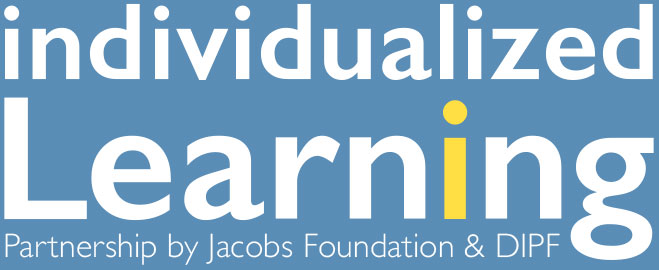Project SASCHA
Social and Academic School Transition Challenges
The project SASCHA examines children’s experiences of the transition from primary to secondary school (‘Gymnasium’) in Germany. A main focus was to investigate the role of social experiences with peers in predicting daily subjective well-being and psychological adaptation after the school transition. Thus, the project studies intraindividual variations in variables and their short-term interrelations as well as interindividual differences in variables and how these can be predicted.
Project Description
The project focuses on the transition to secondary school as a critical life event which brings a number of changes to children’s lives. Children have to face at least two central challenges while transitioning to secondary school: They need to invest cognitive resources in school achievement due to increased performance requirements and they need to reorganize their social relationships because of new classmates.
In this project, we examined which factors contribute to successful adaptation following the transition, with a focus on social experiences with classmates. For this purpose, we conducted two intensive measurement bursts with data collection over four weeks each. The first burst took place in grade four before the transition (N = 90) and the second burst took place right after the transition in grade 5 (N = 108). Furthermore, there was a follow-up assessment one year later when children were in grade 6 (N = 113). During the 4-week measurement bursts in grades four and five, children provided data four times daily on research smartphones. Specifically, they worked on working memory tasks two times per day and responded to items on their mood or their social experiences with peers up to four times per day.
Our previous work with data of these studies highlight the importance of perceived social inclusion or exclusion for children’s subjective well-being (Schmidt et al., 2020a), their self-esteem (Schmidt et al., 2020b), and their psychological adaptation after the transition to secondary school (Schmidt et al., in press).
Principal Investigators
Florian Schmiedek
Judith Dirk
Project team
Kristina Brasnic
Aamir Sajjad
Andrea Irmer
Funding
German Research Foundation (DFG)
Selected Publications
Blume, F., Irmer, A., Dirk, J., Schmiedek, F. (2022). Day-to-day variation in students’ academic success: The role of self-regulation, working memory, and achievement goals. Developmental Science.
Neubauer, A. B., Kramer, A., Schmidt, A., Könen, T., Dirk, J., & Schmiedek, F. (in press). Reciprocal Relations of Subjective Sleep Quality and Affective Well-Being in Late Childhood. Developmental Psychology.
Schmidt, A., Dirk, J., & Schmiedek, F. (in press). The power of everyday peer relatedness in predicting subjective well-being after the school transition. Zeitschrift für Entwicklungspsychologie und Pädagogische Psychologie.
Schmidt, A., Neubauer, A. B., Dirk, J., & Schmiedek, F. (2020a). The bright and the dark side of peer relationships: Differential effects of relatedness satisfaction and frustration at school on affective well-being in children’s daily lives. Developmental Psychology.
Schmidt, A., Dirk, J., Neubauer, A. B., & Schmiedek, F. (2020b). Evaluating sociometer theory in children’s everyday lives: Inclusion, but not exclusion by peers at school is related to within-day change in self-esteem. European Journal of Personality.


